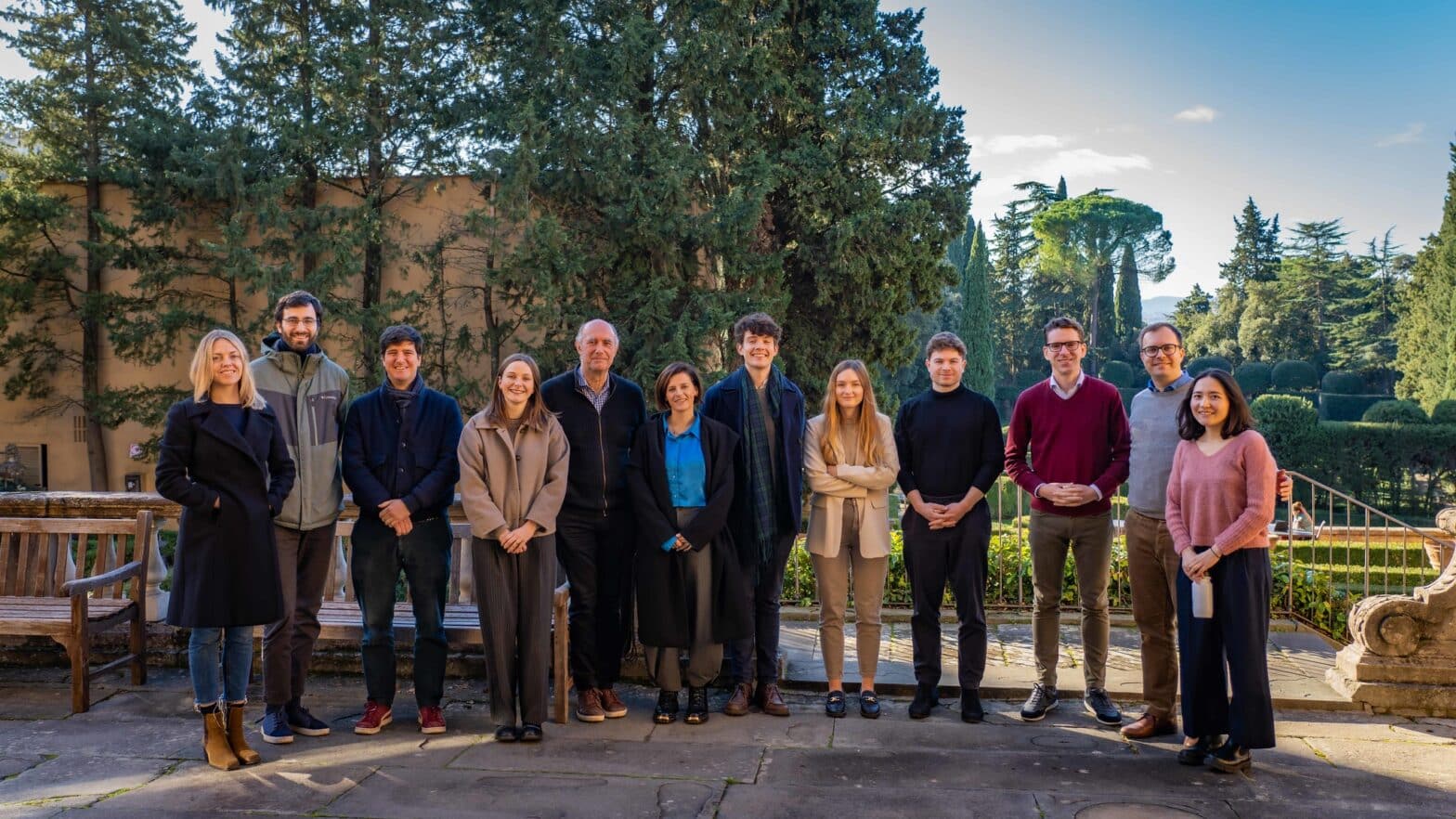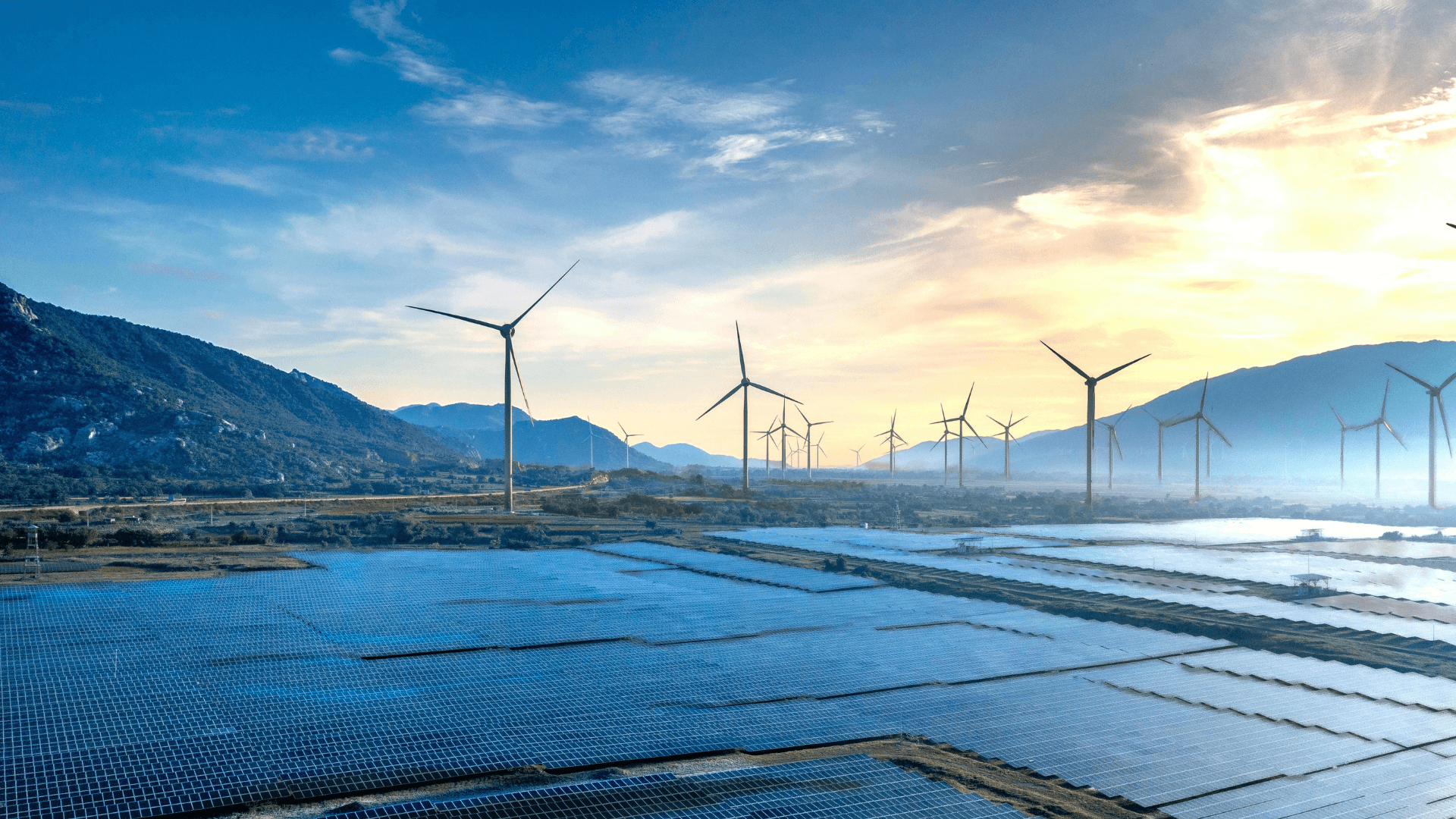The Geopolitics of Energy Transformation

The Geopolitics of Energy Transformation workshop will be structured in three sessions:
- Session 1 will focus on a presentation on the geopolitical implications of the global energy transformation driven by renewables.
- Session 2 will reflect on the issues and the structures of the global energy governance.
- Session 3 will discuss the impact of the changing geopolitics of energry in the EU, and discuss what should be the energy priorities of the next Commission to ensure that the EU harnesses benefits from its energy revolution, not the offshoring of energy intensive industry and a loss of competitiveness and jobs.
Among the confirmed speakers:
- Michael Bradshaw | Warwick Business School
- Stefan Moser | European Commission (DG Energy)
- Simone Mori | ENEL
- Nicolò Sartori | Istituto Affari Internazionali
- Daniel J. Scholten | Delft University of Technology
Download the programme
Background
The energy world is changing fast. New technological developments, rising energy demand and reducing greenhouse gas (GHG) emissions to achieve the climate goals outlined in the Paris Agreement are the main trends in this change.
For a very long period energy geopolitics have been dominated by fossil fuel production and consumption, in particular oil. A good illustration of this is OPEC, the organisation of oil producers influencing the supply of oil to the global markets. For mostly consumer countries, it was oil stocks policy designed by the International Energy Agency (IEA).
In recent times we have seen huge change in this traditional pattern, with fracking technologies in the US undermining the power of OPEC and developments in LNG technologies combined with the growth of gas production across the globe, from Africa to Australia.
New technologies and consumer behaviour are revolutionising the way in which the energy is produced, transported and consumed. Renewable energy brings disruptive influence to the old global energy order. Traditional energy consuming countries now have the option, and the Paris imperative, to be producers, as wind and solar energy becomes competitive with fossil fuel technologies on its own merits.
With the growth of electric transport, and electrification to reduce carbon emissions, the market share of electricity in the final energy consumption is on the rise. Self-driving cars and cheaper electric vehicles will accelerate this, and the hydrogen economy is becoming a realistic option. The transition to the low carbon economy in digital era is opening up a wide range of new business possibilities.
The transition is happening in the backdrop of the expectation of strong and sustained growth in global prosperity; global GDP is expected to double by 2040, driven by fast growing developing economies. Even with strong energy efficiency policies in place this would require increased demand for energy supply.
Different studies indicate substantial impact of these changes in the energy sector to the growth and employment in different countries.
The Global Commission on the Geopolitics of Energy Transformation initiated by International Renewable Energy Agency’s (IRENA’s) Director-General Adnan Z. Amin has produced a Report analysing the geopolitical implications the global energy transformation. The Report highlights the vital need to prepare proactively for the new energy age and its geopolitical consequences.
Responding to this call the workshop will focus on the opportunities, risks and initiatives to be taken for the EU in the era of the energy transformation.
Interested in this topics? Read more on IRENA’s New Report: A New World: The Geopolitics of the Energy Transformation
Don’t miss any update on our events
Sign up for free and access the latest events from our community.















